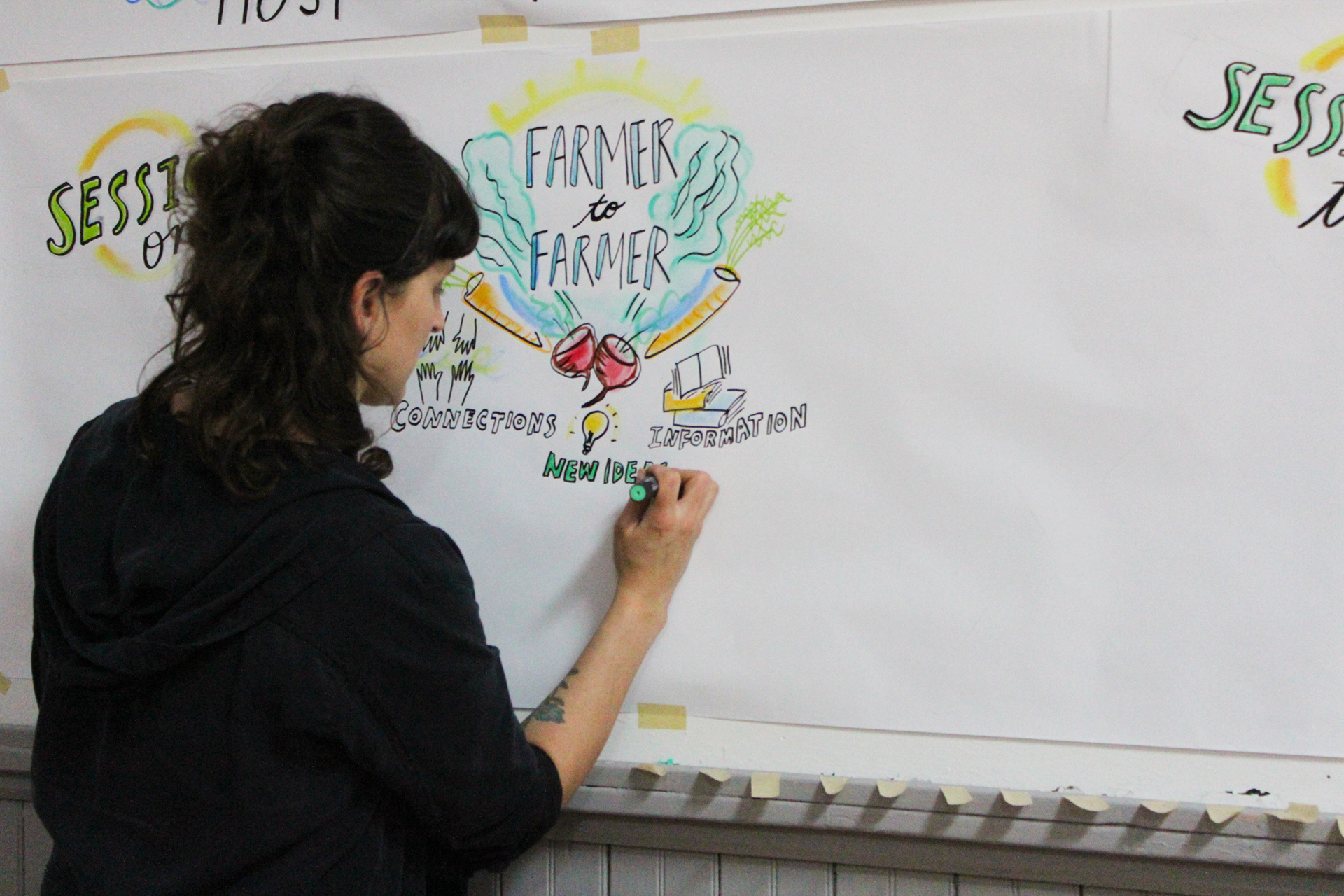April 3, 2022 · Posted by Erika Shea
Resilient Cities, Post COVID Strengthening Communities
Across all the responses we showcased, we are struck by the importance placed on principles of equity, access and people-first communities. There is consensus that we cannot build strong and resilient communities if many of the people in them face barriers to satisfying basic needs.

